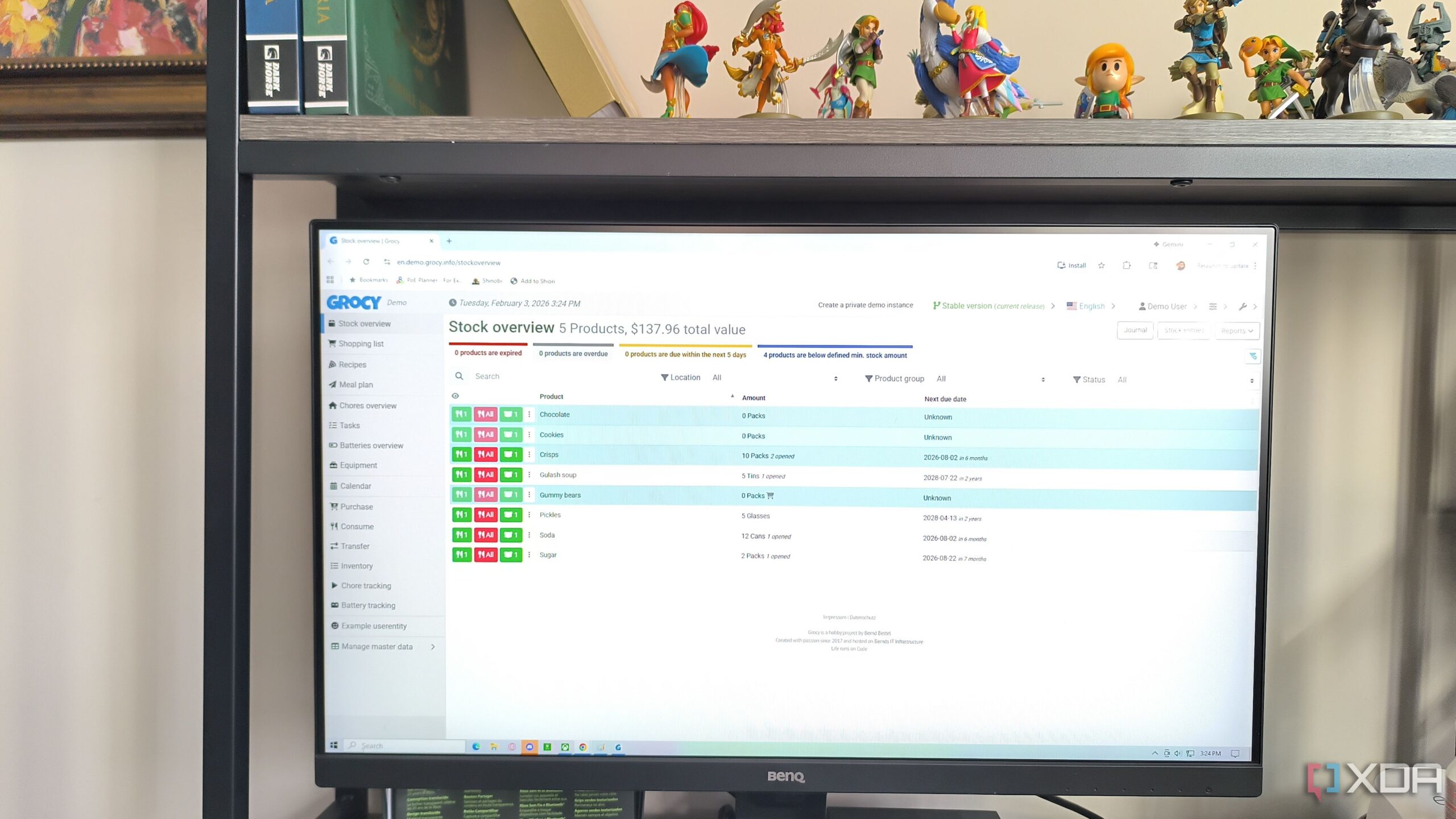
In a recent opinion piece, columnist Cal Thomas expressed concern over the political bias prevalent in late-night television, particularly highlighting The Late Show with Stephen Colbert, which is set to conclude in May. Thomas contends that the program has become a “conduit for Democrats to attack President Trump.” While this observation may hold merit, it also underscores the necessity of diverse viewpoints in the media landscape, particularly in the face of the overwhelming narratives presented by channels like FOX News.
Late-Night Comedy as Political Commentary
Programs such as The Late Show, along with others like Jimmy Kimmel Live! and The Daily Show, offer a platform for political satire that contrasts sharply with the messaging found on conservative outlets. This comedic perspective serves not only as entertainment but also as a critical commentary on significant political events. For instance, during a recent appearance, Donald Trump criticized Jerome Powell, the chair of the Federal Reserve, stating, “He’s a terrible, a terrible fed chair. I was surprised he was appointed; I was surprised, frankly, that Biden put him in.” Interestingly, it was Trump who appointed Powell to the position, showcasing a disconnect between his statements and his previous decisions.
The irony lies in the fact that Powell’s current stance, which includes resisting pressure to lower interest rates—an action that could trigger inflation—suggests that Trump’s original choice may have been sound. Late-night hosts frequently highlight these contradictions, providing audiences with a clearer view of the political landscape. In contrast, networks like FOX News often focus on narratives surrounding the mental acuity of political figures, particularly scrutinizing President Biden while sidestepping the implications of Trump’s own statements and actions.
The Quest for Truth in Political Discourse
The underlying question remains: what is the cost of truth, and who is willing to pursue it? The late-night comedians play a pivotal role in this pursuit, offering insights into the political climate that may otherwise be overlooked. As Kerry Boese, a resident of Jamestown, suggests, those who may not align with the president’s views could benefit from engaging with Colbert’s commentary to understand the broader implications of Trump’s leadership.
Even within Trump’s own base, there are signs of discontent. The recent controversy surrounding the Epstein files has illuminated how some of Trump’s supporters feel marginalized when their demands for transparency are met with hostility. Many within the MAGA movement expected the president to fulfill his campaign promise to release these files. Instead, those who voice their discontent are often attacked, revealing an authoritarian tendency that prioritizes loyalty over accountability.
This environment fosters a troubling dynamic where followers are pressured to remain compliant. The implications of this political climate extend far beyond entertainment; they affect the very fabric of democratic discourse and engagement. As audiences grapple with these challenges, late-night television remains a vital space for questioning authority and advocating for transparency.
As the landscape of late-night television evolves, the role of these comedic commentators will continue to be significant. The upcoming conclusion of The Late Show with Stephen Colbert marks not just the end of a program but also highlights the ongoing conversation about media responsibility and the importance of diverse viewpoints in a polarized political environment.







